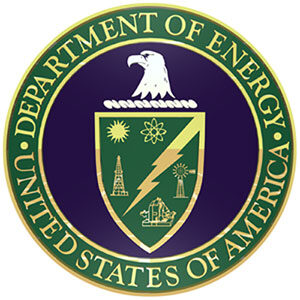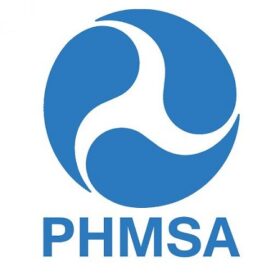
To ensure that necessary natural gas transportation infrastructure is constructed, that natural gas transportation costs to consumers remain fair and reasonable, and that tribes are paid reasonable compensation for rights-of-way across their land, there must be an objective, consistent, transparent, and uniform standard for valuing these rights-of-way. While negotiations between tribes and pipeline companies may result in agreements for the payment of fair and reasonable compensation, a legal process or mechanism must be in place that provides for an established metric for determining an appropriate right-of-way compensation fee and an ultimate decision-making process should negotiations break down between the pipeline and the tribe. An objective valuation metric will provide the tribes with a fair and just return and, at the same time, provide the interstate natural gas pipeline industry with the ability to deliver needed natural gas to consumers at reasonable costs.
As noted, in response to a request from DOE/DOI, INGAA surveyed its member companies seeking information on their experiences in negotiating rights-of- way on tribal land. As detailed more fully below, the survey as well as informal discussions with members shows that: (1) pipelines are paying rights-of-way fees far in excess of the fair market value of easements for comparable land; (2) negotiations for both initial and renewal rights-of-way are taking longer to negotiate than in years past; and (3) most pipelines were not satisfied with their rights-of-way negotiations.







